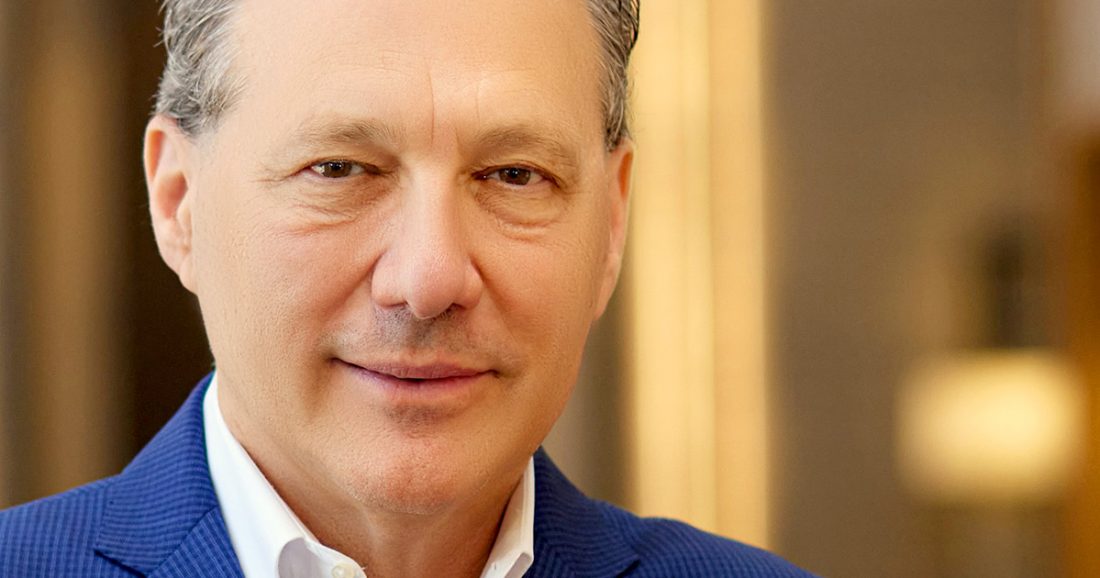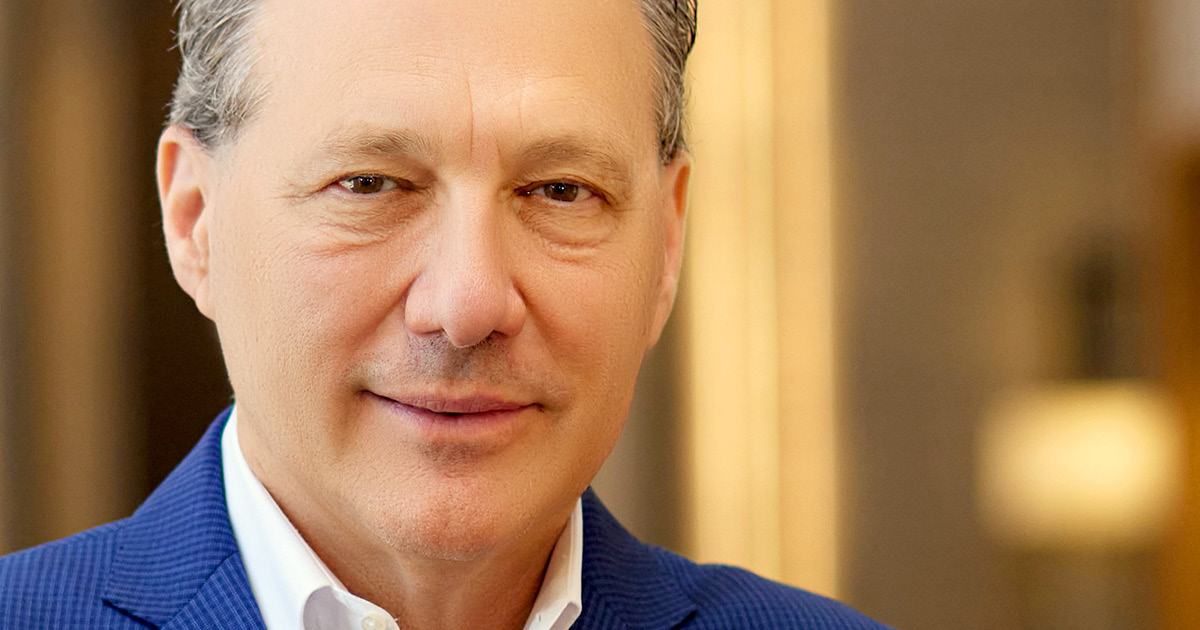If you happen to be in the market for cosmetic surgery and are seeking a hip online influencer for inspiration, we have some bad news: Renato Saltz is not your guy.
“I always joke that I don’t dance on TikTok,” he says. “But if that’s what brings patients to your office, make sure the training is behind that, because the dancing is not going to keep you busy forever.”
What clients will get if they side with the Founder and Medical Director of Saltz Plastic Surgery, however, is more than 30 years’ experience in both surgical and non-surgical treatments, a commitment to solid ethics and a trusted magnet for medical tourism in Utah – often dubbed ‘The Vanity State’. Less 15-second jigs to music, sure, but no surgical horror stories either.
“If you don’t support the marketing with good results or good patient care, it’s not going to help you,” he points out.
From surgeon to entrepreneur
Saltz’s initiation into the hard-knock life of entrepreneurship began in his home country of Brazil, where his second-generation immigrant parents owned a modest department store in a small town close to the Argentinian border.
“My sister and I had to help for half a day and go to school the other half of the day,” he recalls. “It was pretty hard work, but it was good. It helped me understand the value of money and the value of customer service.”
After graduating in Brazil, Saltz had a dawning realization – to be a good cosmetic surgeon, you need to be a good general surgeon. This encouraged him to secure a prized general surgery residency in the United States at the prestigious Jackson Memorial Hospital at the University of Miami during the violent, crime-stained Miami Vice era of the 1980s, before training in plastic surgery at the University of Alabama and then practicing at the Medical College of Georgia between 1990 and 1994.
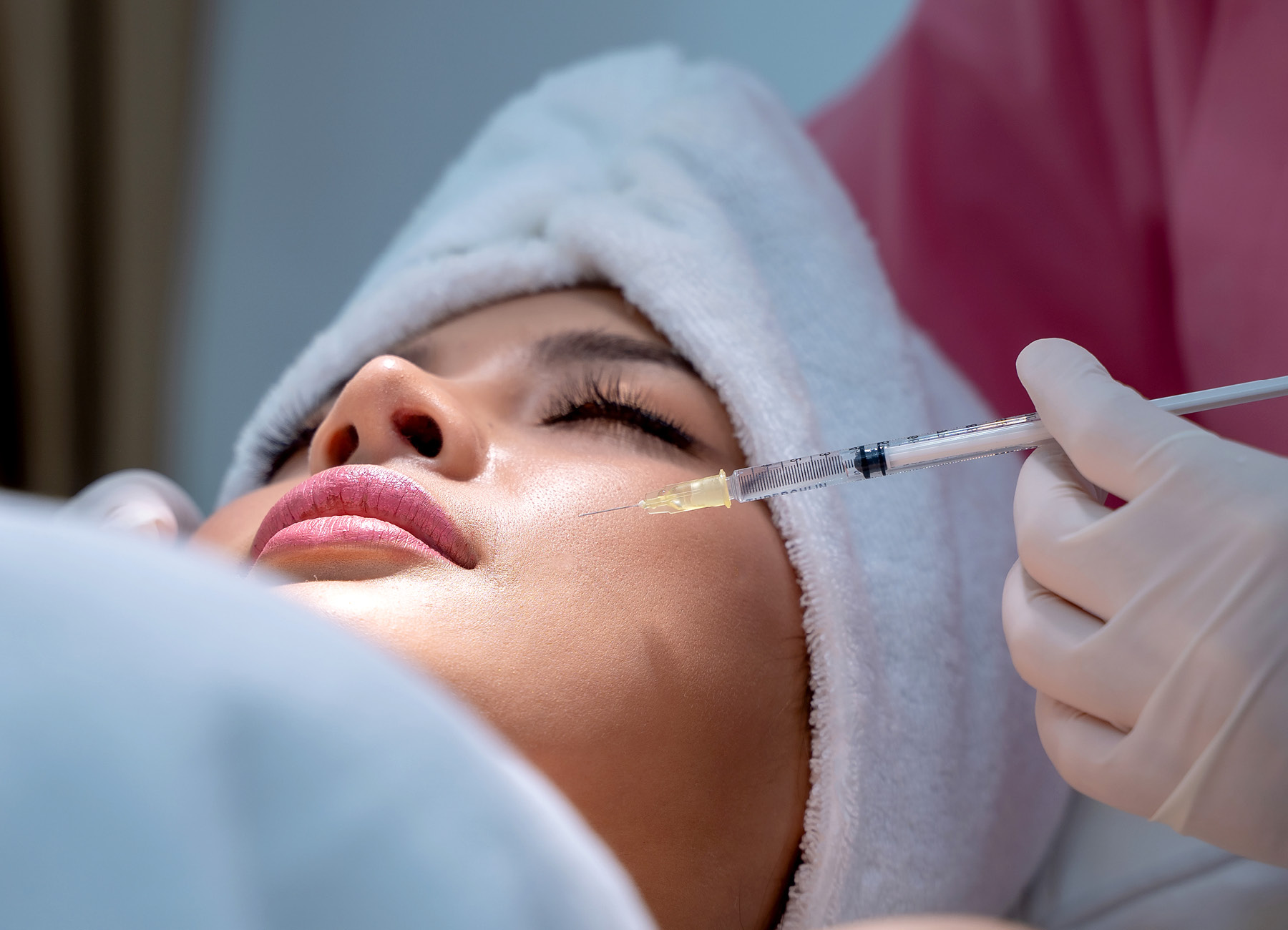
“If you don’t support the marketing with good results or good patient care, it’s not going to help you.”
Saltz then took up positions, both educational and practical, at the University of Utah Wasatch Clinics and the Summit Plastic Surgery Center in Park City between 1994 and 2002.
Thereafter, Saltz decided to take the plunge into the choppier waters of private practice, setting up the two thriving facilities he maintains today – one in Salt Lake City and one in Park City – offering a comprehensive suite of cosmetic surgery and non-surgical facial rejuvenation, body contouring and hair restoration procedures.
“I can tell you, I’m a very good surgeon. My patients love me. I take great care of them,” he enthuses. “But when you get to business, it’s this whole different world.”
Displaying humility when approaching new tasks, Saltz has gone above and beyond to learn and study the world of business to be successful, in addition to seeking external expertise.
“I had to bring my daughter, who had real business training, to come and run the show, because I needed someone I trust handling the day-to-day decisions,” he says.
“But you need to be involved because, at the end of the day, it’s your business and everybody around you needs to know that you know your business, and that you know your profit and loss and your staff.”
Embracing non-surgical innovation
With more than 5,000 clients a year and in excess of 30,000 surgeries under his belt, Saltz believes his success owes much to his embracement of modern non-surgical procedures.
These include skin products, injectables, radio frequency microneedling, laser treatments and the now-ubiquitous Botox – a market valued at US$20.8 billion and tipped to expand at a compound annual growth rate of 14.1 percent until the end of the decade.
“We have five master aestheticians, nurse injectors, nurse practitioners, physician assistant, medical assistant and a wellness program for weight loss and hormones,” Saltz explains.
“It’s much more complex than reconstructive surgery. The expectations are very high. You have social media now, so everyone is comparing themselves to each other.”
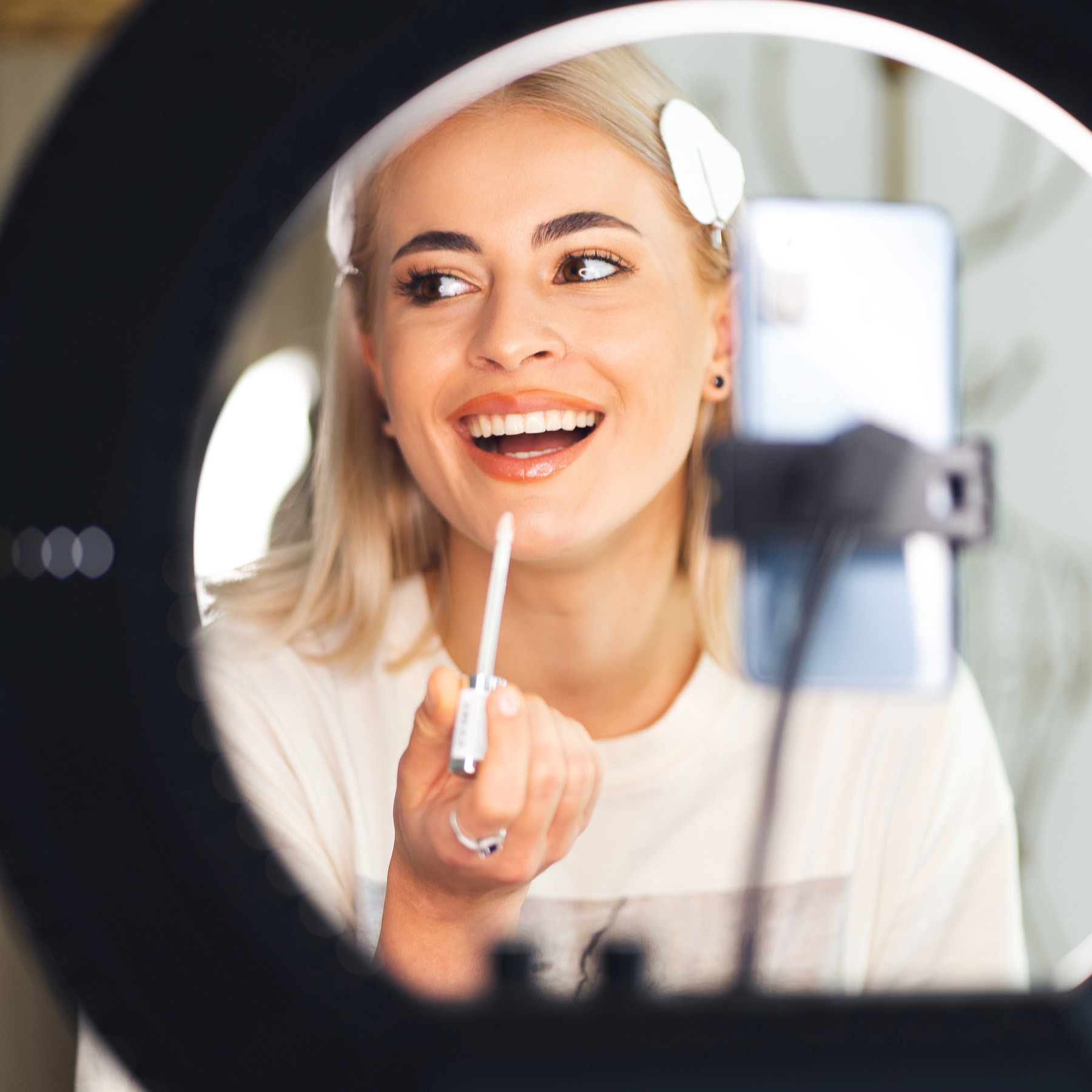
“The expectations are very high. You have social media now, so everyone is comparing themselves to each other.”
Whether he’s working to millimeter precision with a scalpel in the operating room, or one of his providers or extenders is prescribing a groundbreaking new skin tightening serum, Saltz is vocal about the need to preserve lofty medical standards, not just in his own centers, but also across the board. He has been an advocate of patient safety all his life, having given the very first course on patient safety together with Mark Jewell at his beloved national Aesthetic Society, where he served as President from 2009–2010.
He believes this is imperative, as medical tourism gains momentum, potentially ushering in an era of slack conduct.
“If you see someone in your community doing a poor job, report it, because people are dying,” he says, referencing recent fatalities in Miami as a result of botched Brazilian butt lift fat injections by local practitioners.
“We’re trying to send a message to the population: look for board-certified plastic surgeons, look for members of your regional, national and international society. Call out the bad guys and save a life.”
Building stronger relationships
When not nipping and tucking, smoothing and de-wrinkling, Saltz remains focused on his relationships. Inspired by his own close bond with his parents, the surgeon considers his family to be his most important business partnership: wife Flavia works for the company alongside his daughter Bianca, while his attorney son, Felipe, serves as a priceless legal sounding board.
“Then you have your team. There’s some statistics that show that almost 70 percent of patients will not come back to a practice if they were not treated properly by a team member,” Saltz warns.
“That is something I use in my business talks – your team is key and reflects who you are. They are your true partners, from the front desk all the way to the management and the directors.”
In addition, he explains that industry partners such as Benev, Sofwave, Estiq and others are vital to the success of the business.
“Within the industry of plastic surgery, you have the devices, you have the injectables – all this great stuff that we depend on,” he says.
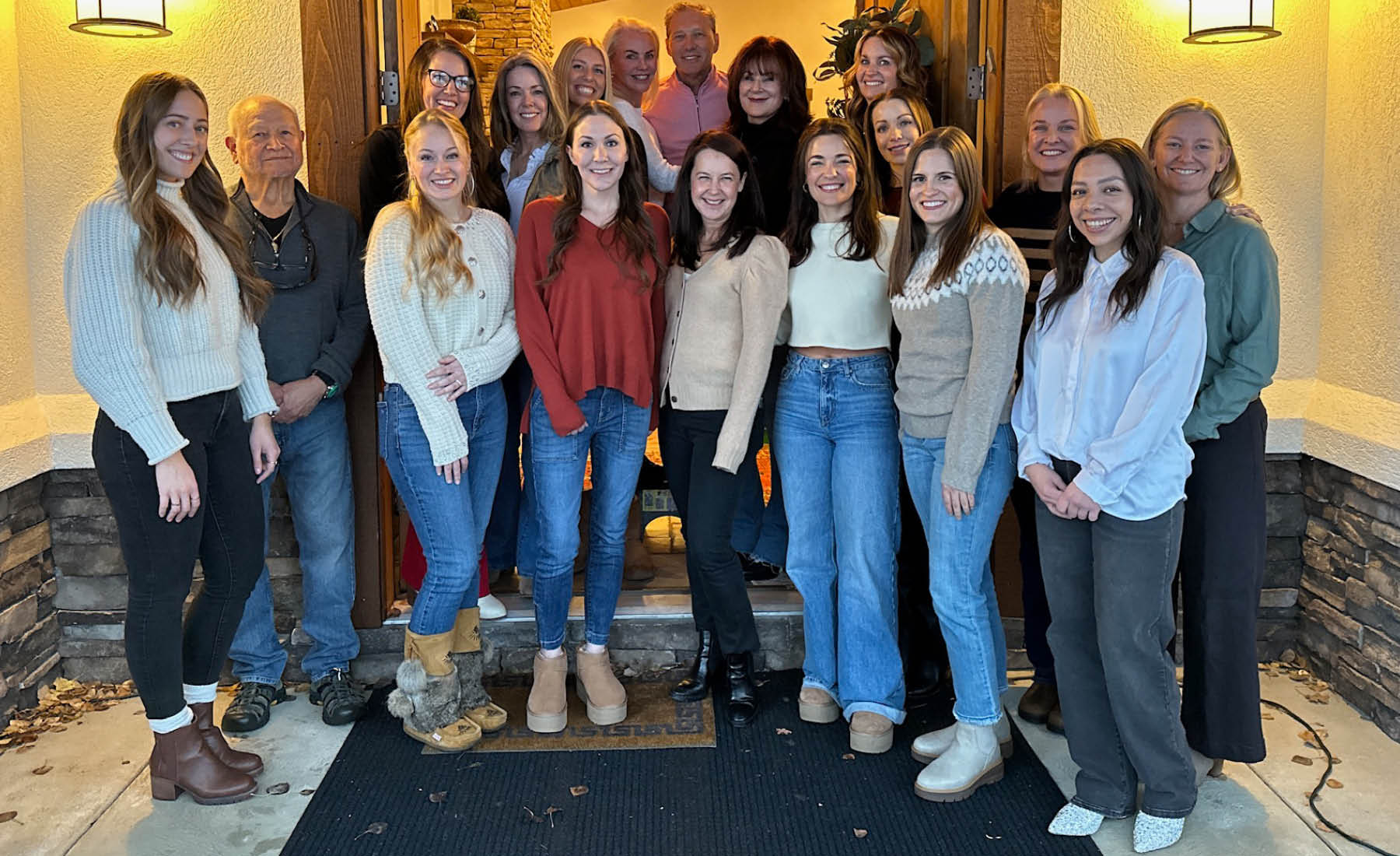
“Your team is key. They are your true partners, from the front desk all the way to the management and the directors.”
Gone are the days when cosmetic surgery was the domain of elite Hollywood screen stars and the international jet set alone. Having shaken off its narcissistic connotations, reshaping one’s face or body has become as normalized as getting a haircut or a beard shave, especially since procedures are now more competitively priced.
This has helped to lure a younger generation of clients – those likely to be watching the TikTok videos Saltz jokes about. The industry is therefore forecast to ride a wave of growth for at least the next decade, a fact currently piquing the interest of private investors.
“It’s a new world of mergers and acquisitions, different from what we’ve seen in the past, where we pass on our practices to the next generations,” Saltz reveals with a tinge of lament.
“I think that’s going to be the model for the future. Most of the younger colleagues in plastic surgery are joining hospitals or larger groups. The ability to build your own practice, like my generation did, is not going to be there because with the ‘medspa’ component and intense competition, it has become very expensive.
“I still enjoy it, despite all the daily issues and headaches involved in running a business. As long as I spend most of my time in the operating room I am fine – that’s my relaxation and spa time, and where I can really take care of my patients and provide them with the transformation and improvements they came to see me for.
“I always say if a surgeon doesn’t enjoy the operating room, and enjoys seeing patients in the clinic more, then he or she is in the wrong business.”

